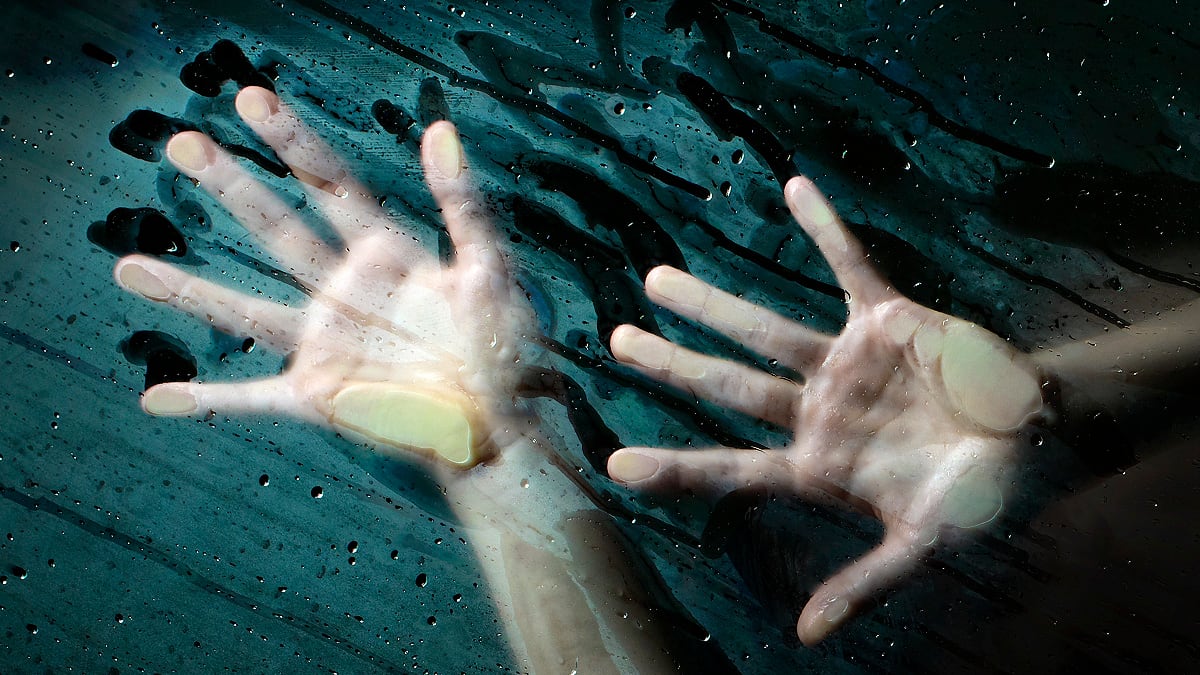Archive
Illustration by Brad Wilson / Stone-Getty Images
Russian Girl Katia Popova Was Trapped in Her Apartment for Nine Years
When she turned 13, Katia’s mom locked her up in their fetid apartment. She tells her dark story to Anna Nemtsova.

Trending Now
Crime & JusticeLuigi Mangione Judge Married to Former Healthcare Exec
Crime & JusticeUnshaven Luigi Mangione Shows Signs of Stress in Court





